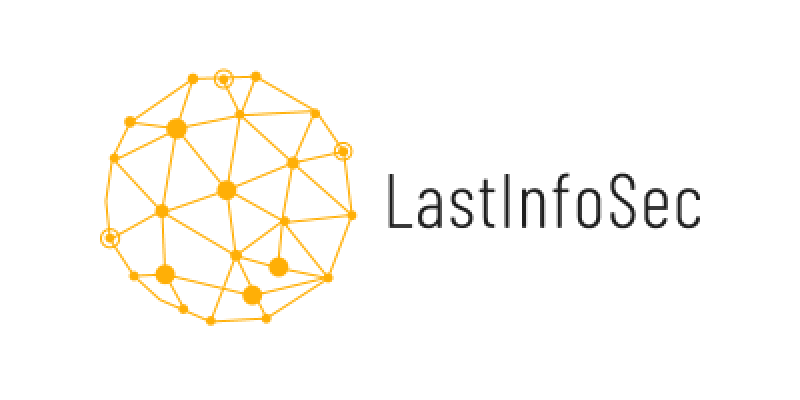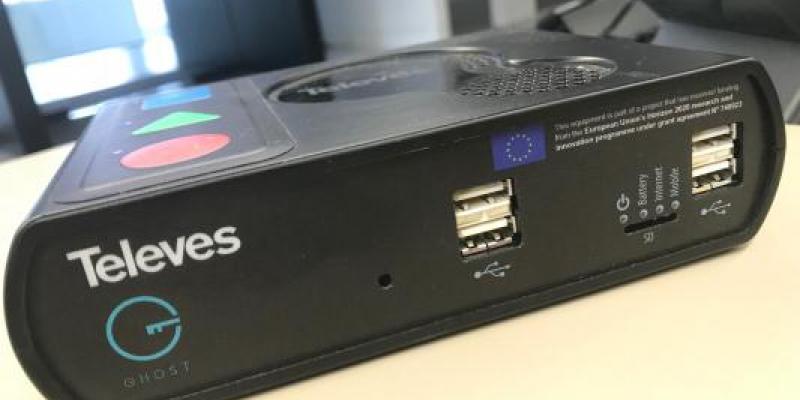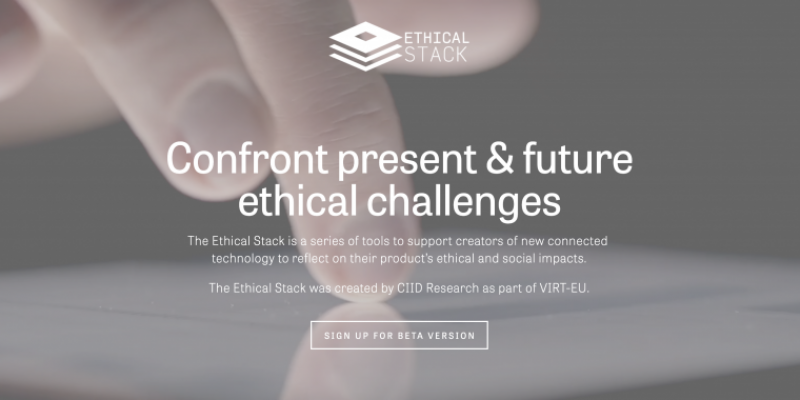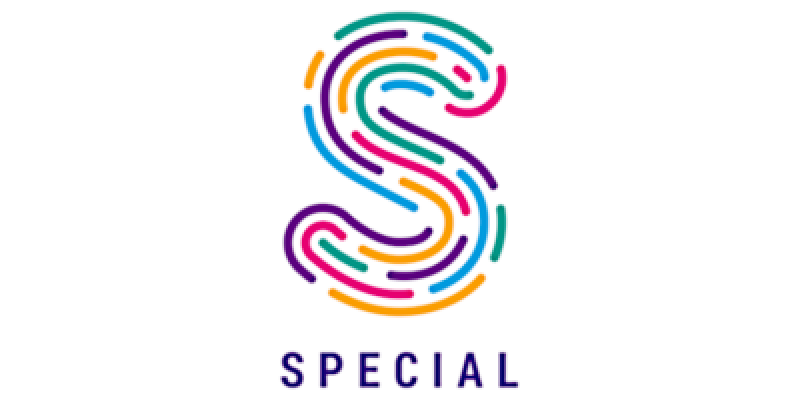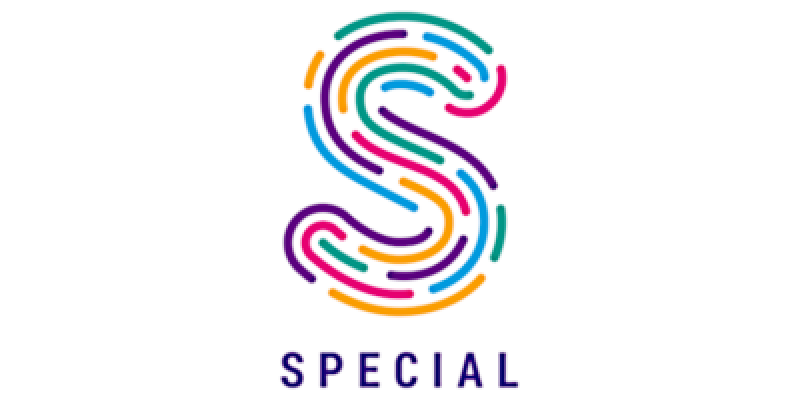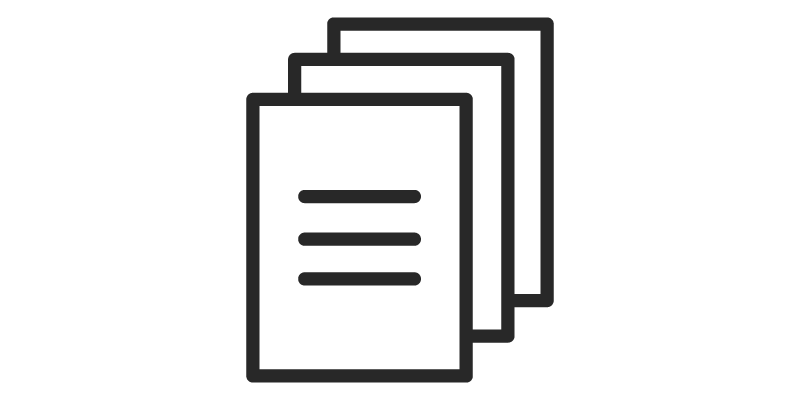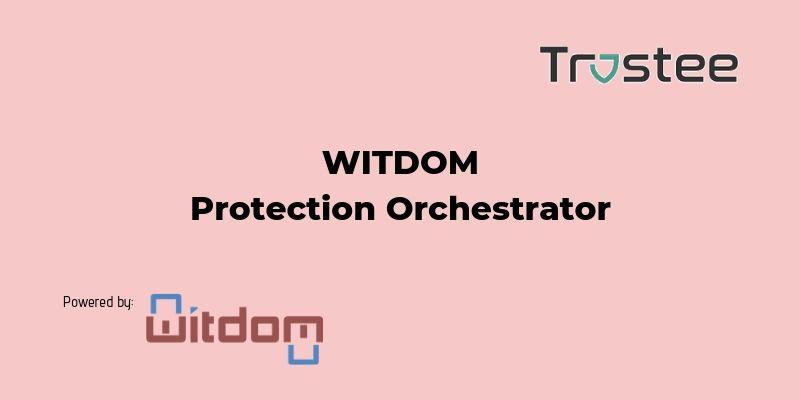
News
On the event of the adoption of the draft regulation laying down measures for a high common level of cybersecurity at the institutions, bodies, offices and agencies of the Union, the AI4HealthSec project kicked off a process to provide its opinion.
Resources for EU Research
Resources for SMEs
News & Events
Reports
Cyberwatching.eu has received funding from the European Union’s Horizon 2020 research and innovation programme under grant agreement No 740129. The content of this website does not represent the opinion of the European Commission, and the European Commission is not responsible for any use that might be made of such content. Privacy Policy | Disclaimer / Terms and Conditions of Use

